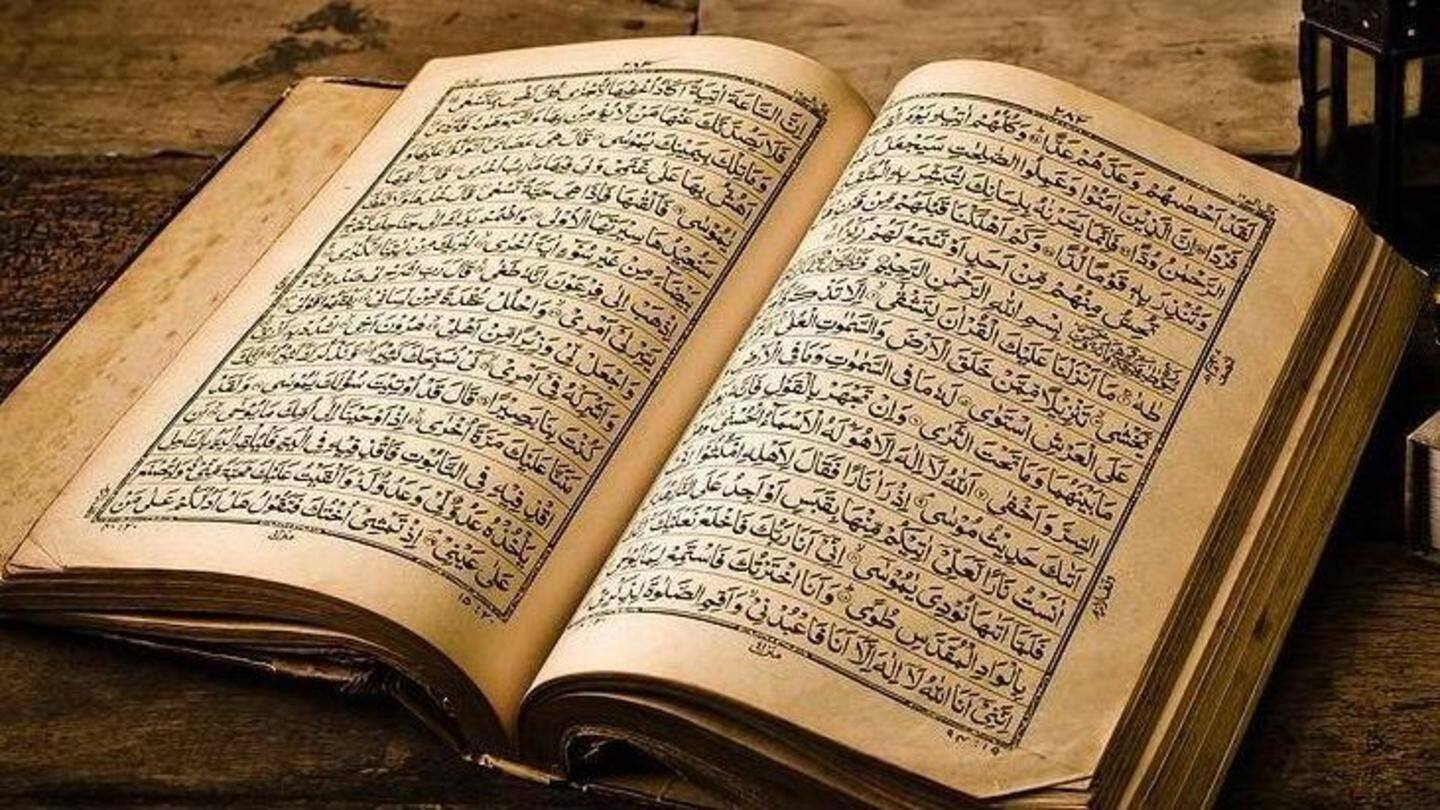
India's Muslim law board wants Shariat courts in every district
What's the story
The All India Muslim Personal Law Board (AIMPLB), the country's highest decision-making body supervising Islamic laws, is planning to set up Shariat courts in all districts, PTI reports.
"The objective of Darul Qaza is to resolve matters in light of Shariat laws instead of going to other courts," an AIMPLB member explained.
The proposal will be discussed at a meeting on July 15.
Details
'Each court costs Rs. 50,000, AIMPLB has to discuss finances'
According to Zafaryab Jilani, senior AIMPLB member, "At present there are 40 such courts in Uttar Pradesh. We plan to open one such court in all districts of the country."
He added the Board spends roughly Rs. 50,000 on running each Darul-Qaza, adding, "They will be discussing ways to generate resources for this during the meeting."
TeS
'TeS might be re-activated to spread awareness about Shariat laws'
AIMPLB is also considering re-activating its Tafheem-e-Shariyat (TeS) committee "to make lawyers, judges and common man aware about Shariat laws," Jilani said.
The 15-year-old committee "used to organize conferences and workshops all over the country with Islamic experts trying to delve in details about Shariat laws and address queries of participants."
"It is felt that...more such programs should be held," he said.
Babri Masjid
AIMPLB to discuss ongoing Ayodhya dispute hearing
Apart from these, the Board will discuss the Babri Masjid issue at the meet, Jilani said.
Talking about statements by leaders in support of a Ram Temple, he said they're "an attempt to belittle the highest court" of India.
But the Board has already declared it would abide by the SC's decision, he iterated.
"The Muslim faction does not want delay in SC's decision."
Information
SC's verdict on Ayodhya dispute expected "soon"
In December 1992, thousands of right-wing activists razed down the Babri Masjid in Ayodhya, claiming it was built on a temple. Since then, the 16th-century site has been disputed. After several legal verdicts and peace-brokering attempts, the SC is currently hearing a final case on ownership.